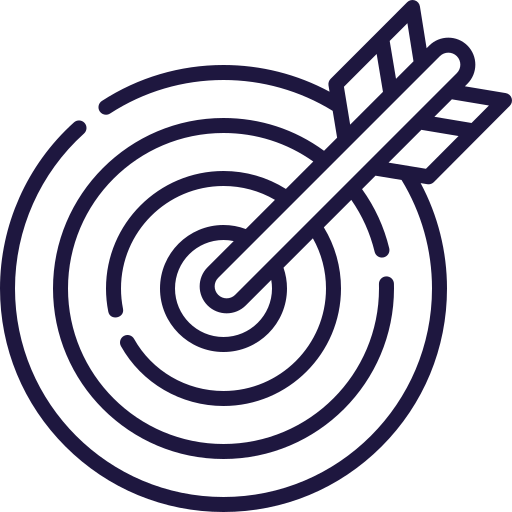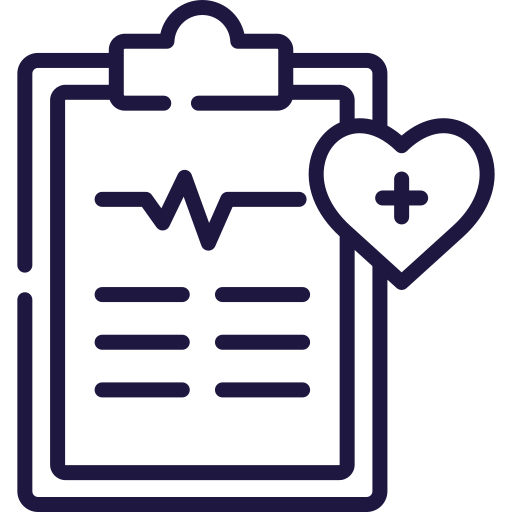Constipation 1
A 70-year-old lady presents to the GP with worsening constipation
Candidate Instructions 🧒
You are the FY2 working at a GP.
Your next patient is Mrs Mary Jane, a 70-year-old lady who has come in with worsening constipation.
Please elicit a focused history, offer your differentials, investigations and discuss next steps in management.
Station Material (ONLY OPEN WHEN PROMPTED)
There are no station materials for this station
Actor Instructions 🤒
Name: Mary Jane
DOB: DD/MM/YYYY
Age: 70
Agenda:
- You do not like to go to the doctors unless it is very severe, as you are worried of taking up their time, you don't really think that you have anything severe but your daughter urged you to see a doctor.
ICE:
- I: You think the pain has started because of the constipation
- C: You are not worried about anything in particular
- E: You wish for the doctor to prescribe something very strong to help you move your bowels
PC:
- You have been finding it increasingly difficult to go to the toilet, you have also been struggling with pain on the right on your tummy, and you think the two are related
HPC:
Positive symptoms:
- Last moved your bowels one week ago -- a lot of straining
- Normally move bowels 1 per day
- Hard faeces, small ball-like
- Symptoms going on for past 2 months
Never seen blood in stool
Pain:
- Strongest on your** right hand side**, towards the **bottom of your tummy** - Pain started **3 weeks ago** - Severity **6/10 -- 9/10 **on occasion (no pattern) - Last multiple hours somedays - **No radiation** - Associated with **nausea** NEVER vomited - Paracetamol does NOT help -- NO opioid analgesia used - Settles after a few minutes usually - Pain has become **increasingly frequent**
Negative symptoms:
- No change in appetite -- opt for more frequent, smaller portions recently, drink plenty of fluid
- Feel full with smaller quantities recently
- No bloating/distension
- No weight change
- No fevers or night sweats
- No yellowing/itching of skin
- No fatigue
- No rashes or joint pains.
- No symptoms concerning other body systems eg: urinary changes, headaches, chest pain, cough, sensorymotor changes, focal neurology, etc.
Obs & Gynae Hx:
- Total hysterectomy due to large fibroids in 40s -- ovaries NOT removed
- Daughter born by vaginal delivery
- Never on contraception or HRT
- First period relatively early compared to peers, and went through the menopause at age of 50
- Never had an STI
PMHx:
- Hysterectomy in early 40s
- Skin surgery on the nose to remove a malignant mole
- High blood pressure
- High cholesterol
- GORD
DHx:
- 2 medications for blood pressure management -- cannot remember names
- Statin
- Omeprazole
- No laxative use
FHx:
- Mother died from ovarian cancer in her 60s
- Daughter has fibroids
- No other family history of note
SHx:
- Smoked 30 a day for 35 years stopped 10 years ago
- Drink 1 glass of wine per night
- Live alone -- husband passed away about 5 years ago
- Daughter lives nearby and visits regularly to bring groceries
- No change in your diet -- you had a poor diet when you were younger
- Retired nurse
- Do not drive
- Increased frequency of the painful episodes - have not left the house much
Mark Scheme ✍️
Introduction
all-markschemes.introduction
Presenting complaint
history-markschemes.presenting-complaint
History of presenting complaint
history-markschemes.history-presenting-complaint
Pain
history-markschemes.history-presenting-complaint
Gastrointestinal symptoms
history-markschemes.history-presenting-complaint
Systemic symptoms
history-markschemes.history-presenting-complaint
Gynaecological history
history-markschemes.history-presenting-complaint
Past medical history
history-markschemes.past-medical-history
Drug history
history-markschemes.drug-history
Family history
history-markschemes.family-history
Social history
history-markschemes.social-history
Conclusion
all-markschemes.conclusion
Diagnosis
all-markschemes.diagnosis
Differential diagnoses
all-markschemes.diagnosis
Investigations
Bloods
all-markschemes.investigations
Further investigations
all-markschemes.investigations
Management
all-markschemes.management
Convert your points into a realistic exam mark
Accurate scores
Our smart mark schemes are threshold-based, reflecting how medical schools truly mark OSCE stations.
First-decile strategy
Easily log your scores and differentiate between low- and high-performing stations to target your weaknesses.
Diagnostic expert
Listen to murmurs, interpret CXRs and read ECGs. Integrated media to help you become a diagnostic expert.


